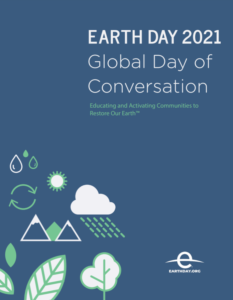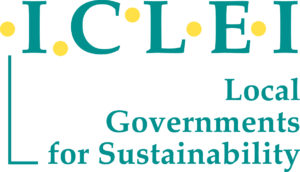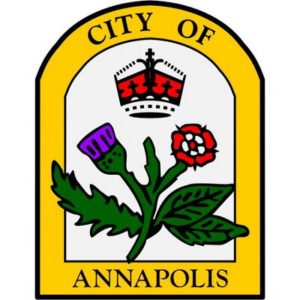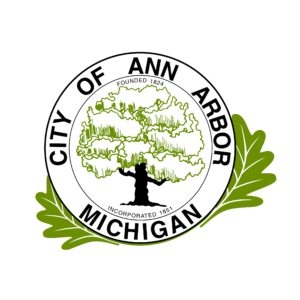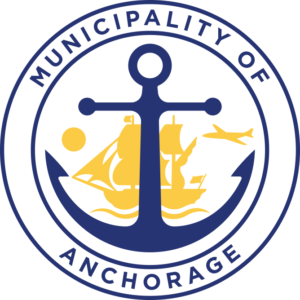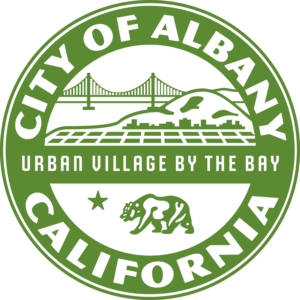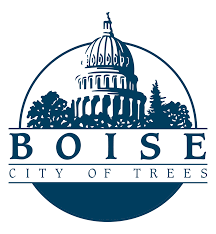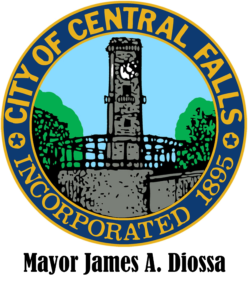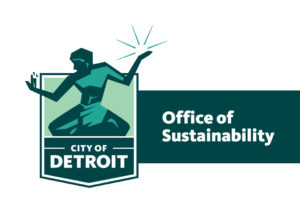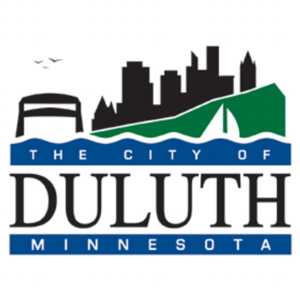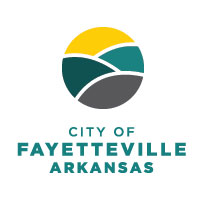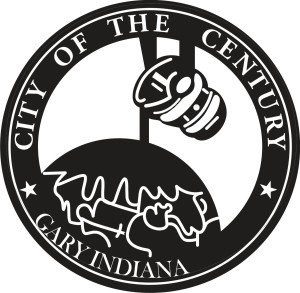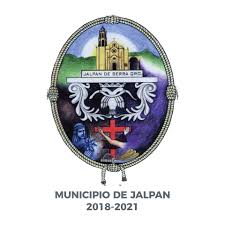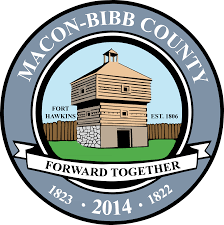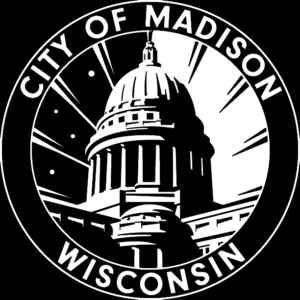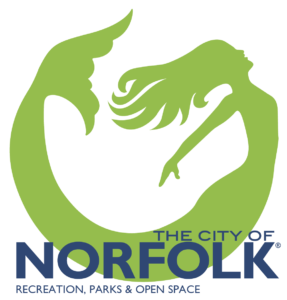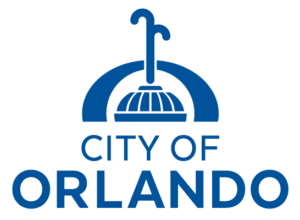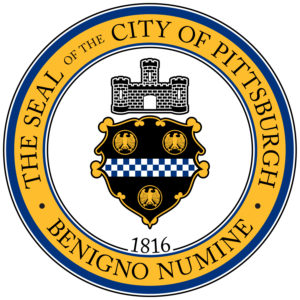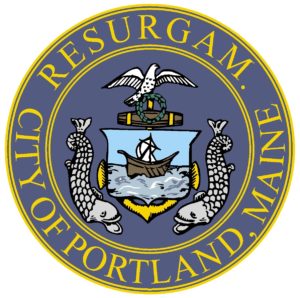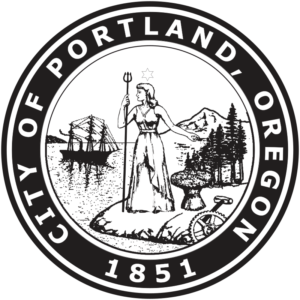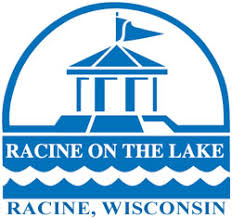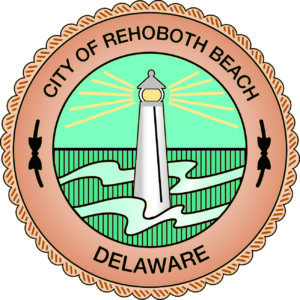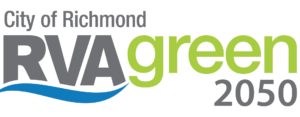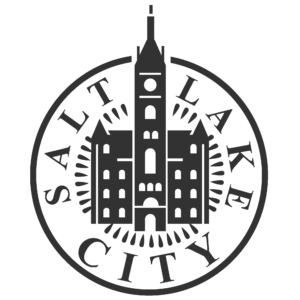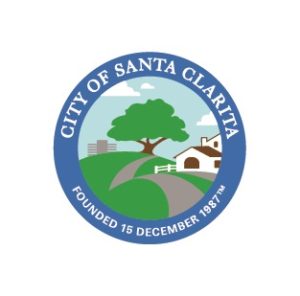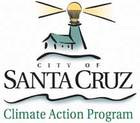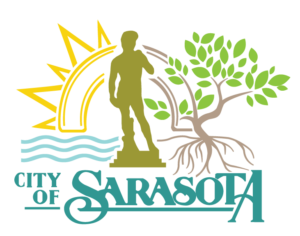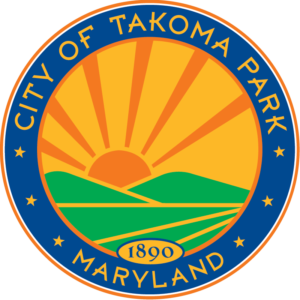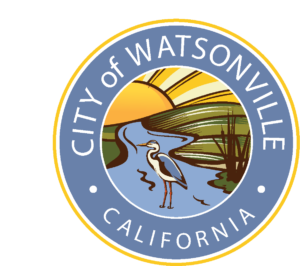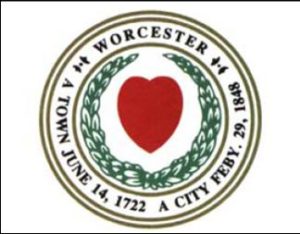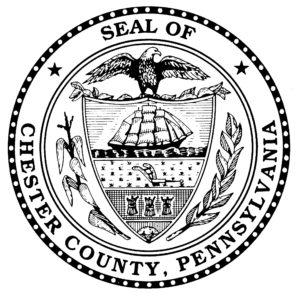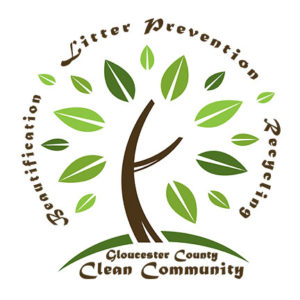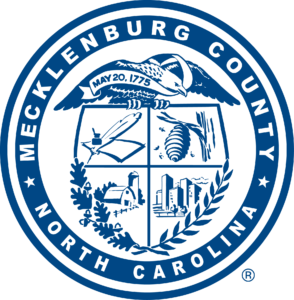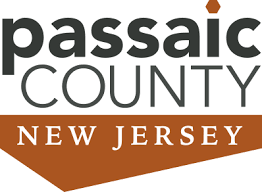Act on Climate Change
Green Cities and Local Governments
Local Leaders Making the Difference
Cities have the greatest capacity to impact the quality of the air, water, land, and climate we depend on for survival. Primarily responsible for the wellbeing of their citizens, local governments have a responsibility to respond to these challenges by taking climate action.
The Green Cities and Local Governments campaign engages with cities to respond to climate change by providing resources, partnerships and a platform to take climate action. Cities are uniquely positioned to directly respond to community needs and bring people together.
EARTHDAY.ORG calls on local officials to join over 200 cities and counties nationwide who have prioritized public health and sustainable economic growth by coordinating an Earth Day Global Conversation
The Earth Day Global Conversation is a coordinated opportunity for local government officials worldwide to engage their constituents in a constructive dialogue about issues related to the environment. It will provide a town hall-style forum for citizens and government officials to discuss ecological issues facing their communities and establish a democratic consensus on policy action to solve such challenges.
Global Conversation FAQ
The Earth Day Global Conversation will occur on or around April 22nd (communities should choose the date that fits best to participants’ needs), and will serve as the primary activation for subnational governments to have a meaningful impact on Earth Day.
Wherever town hall events are typically held in your community! Popular options include: city hall, community centers, libraries, museums, universities, and other public forums.
Local elected officials have the greatest capacity to impact the quality of the air, water, land, and climate we depend on for survival. Municipal governments have a responsibility to their constituents to respond to these challenges by taking environmental action, and the Earth Day Global Conversation serves as democracy in action, ensuring that citizens’ voices are being heard on environmental topics affecting the community.
The Earth Day Global Conversation brings together local governments with citizen leaders, including the following examples:
Government Members
• The mayor (or equivalent
executive leader)
• The mayor (or equivalent
executive leader)
• City sustainability officers
• City council members
• City planners
• School boards
• Other officials in charge of
developing transportation,
infrastructure, business, etc.
• Indigenous leadership
Citizen Participants
• Local environmental nonprofits
and/or advocacy groups
• Business leaders
• University administrators
• Student activists and youth groups
• Faith leaders
• Teachers
• Engaged citizens of all backgrounds
The first and most essential step to become a Green City is to form a comprehensive sustainability plan. Implementing the following policies in municipal buildings and institutions will not only save up to millions of dollars in taxpayer funds but will also assist in scaling these initiatives up for city-wide adoption.
Policy Recommendations for Local Sustainability
EARTHDAY.ORG recommends including the following policies to help eliminate carbon emissions:
• Implementing solar panels to cover parking lots, creating shade cover while providing clean energy to buildings and the growing fleet of electric vehicles.
• Developing and implementing a plan for all public transportation to run on renewable energy.
• Mandating rooftop solar and/or green roofs for all buildings.
• Planting trees to protect human health, conserve natural spaces, and mitigate climate impacts.
• Significantly expanding or creating pedestrian and bicycle-only zones in the city.
• Establishing a carbon pricing or taxing scheme.
• Launching a major clean energy or green infrastructure project, taking climate justice into account.
• Setting high building efficiency standards for development projects and building upgrades.
Natural spaces are essential to a healthy human habitat in which citizens can prosper. EARTHDAY.ORG suggests the following policy measures to ensure that constituents' conservation needs are met:
• Planting trees to protect human health, conserve natural spaces, and mitigate climate impacts.
• Developing a biodiversity protection strategy & establishing green corridors for wildlife in your city.
• Expanding or creating significant stretches of new green spaces, especially in marginalized and low-income areas.
• Launching a major clean energy or green infrastructure project, taking climate justice into account.
• Revitalizing waterfronts.
The following measures can be taken to improve efficiency, prevent pollution, and reduce strain on city trash services:
• Banning or taxing any or all the ten most common single-use plastics.
• Creating a Zero Waste or Circular Economy plan.
• Passing stricter clean water and clean air ordinances.
• Revitalizing waterfronts.
• Expanding access to recycling and composting services.
• Create catchment basins and place nets around drainage pipes to stop waste from polluting waterways. Rain gardens near major roadways can prevent up to 78% of microplastic pollution in local water systems.

Cities around the world are leading the way and developing innovative plans — ordinances, citywide strategies, public outreach and education campaigns — to drive climate action and resilience, and we’re here to help. Cities and local governments can implement climate action when state and federal governments drag their feet.
Mayors and local officials can lead the climate effort by making Earth Day a community-wide affair, bringing together community partners and local stakeholders to showcase innovative solutions, launch bold new initiatives and support civic action for the environment.
Earth Day campaigns build ambitious, inclusive movements that engage with every aspect of society. Mobilizations infuse people with a sense of purpose and enhance their ability to create meaningful change and participate in the success of local initiatives. These efforts focus on elevating science and promoting action and volunteerism on behalf of the environment and expanding environmental education.
Cities are growing at a rapid pace; making cities green is a necessary step in preparing for a healthier, more sustainable future. Through a global network of local government partners, we hope to mobilize millions of people to show the collective impact of local action and amplify the demand for climate action from national governments.

Ban or tax single-use plastics
Join hundreds of municipalities around the world taking action to end plastic pollution by passing…
